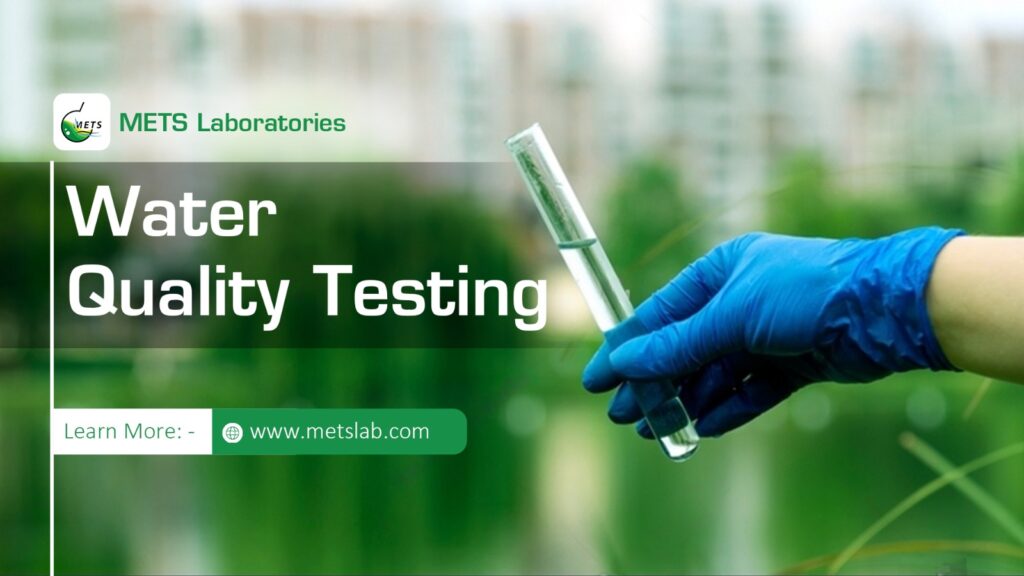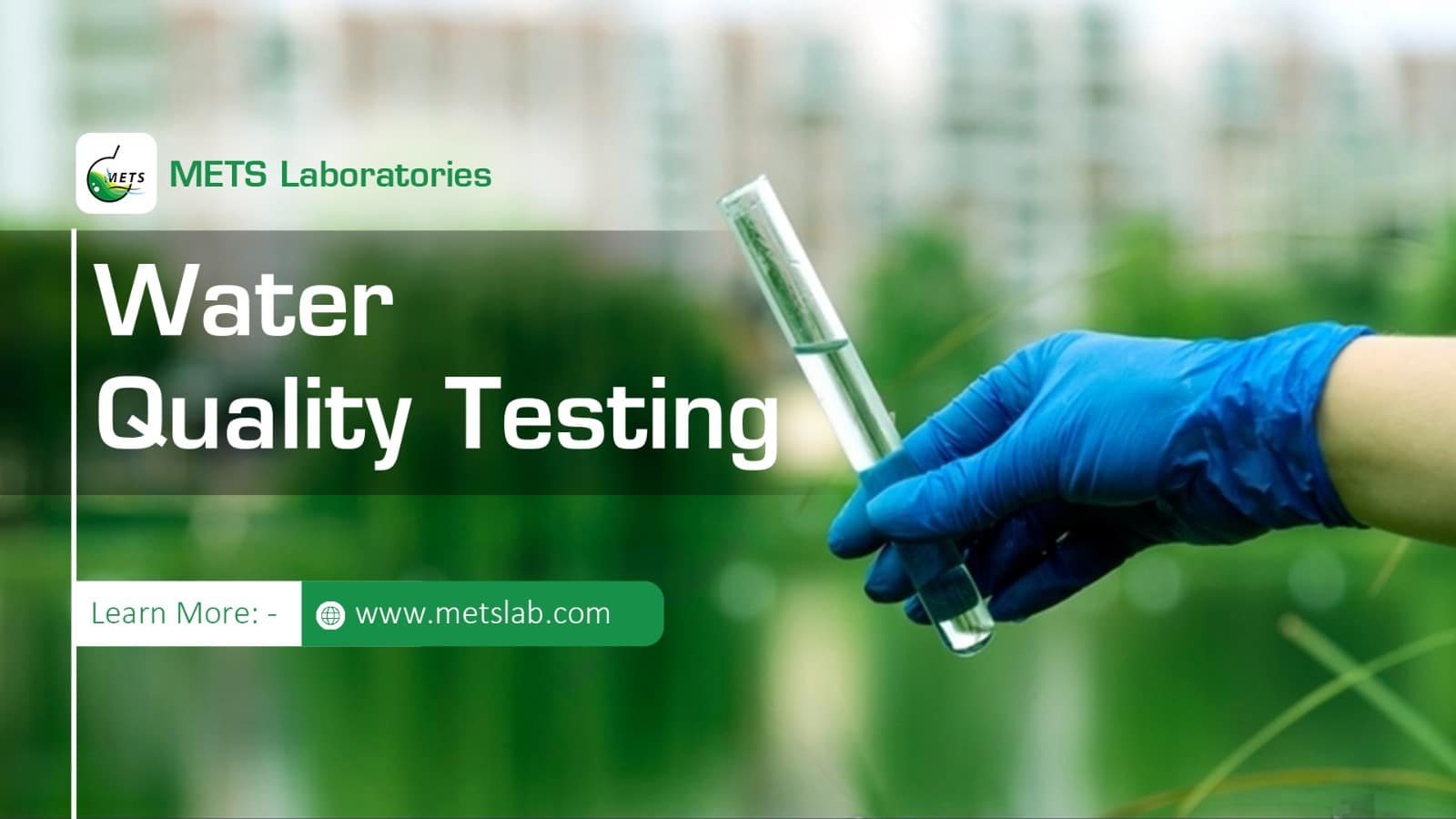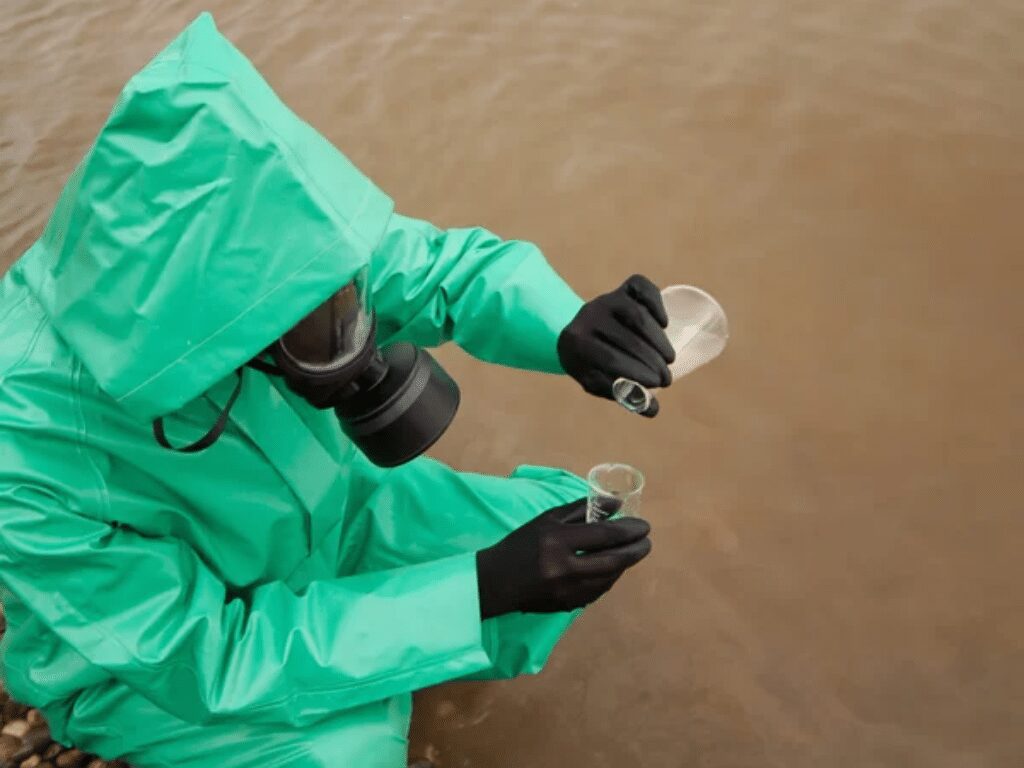Water is essential for life, and its quality directly impacts our health and well-being. Whether it’s the water you drink, cook with, or bathe in, ensuring its safety is crucial. In this comprehensive guide, we’ll delve into the importance of water quality, the common contaminants found in water, and the various methods available for testing water quality.

Understanding Water Quality
Water quality refers to the chemical, physical, biological, and radiological characteristics of water. It determines the suitability of water for various uses, such as drinking, bathing, and irrigation. Poor water quality can lead to severe health issues, including gastrointestinal illnesses, reproductive problems, and neurological disorders.
Why Water Quality Testing is Essential
Testing water quality is essential for several reasons:
- Health Implications: Contaminated water can carry harmful pathogens and toxins that can cause diseases.
- Environmental Impact: Polluted water can damage ecosystems, harming wildlife and disrupting natural processes.
- Regulatory Requirements: Governments and organizations have established standards to ensure water safety. Regular testing helps in complying with these regulations and maintaining safe water supplies.
Types of Water Sources
Understanding the type of water source is crucial as different sources have varied contamination risks.
- Tap Water: Supplied by municipal sources, usually treated to meet safety standards but can still pick up contaminants from pipes.
- Well Water: Drawn from underground sources and may be susceptible to contamination from natural and human activities.
- Surface Water: Includes lakes, rivers, and streams; more exposed to pollutants from runoff and industrial discharges.
- Bottled Water: Generally considered safe, but not immune to quality issues. Always check for regulatory compliance.
Common Water Contaminants
Water can be contaminated by various substances:
- Microbiological: Bacteria (e.g., E. coli), viruses, and protozoa.
- Chemical: Lead, pesticides, nitrates, and heavy metals.
- Physical: Sediments and particulates that affect water clarity.
- Radiological: Radon and uranium, which can be naturally occurring or due to human activities.
Methods of Water Quality Testing
There are several ways to test water quality, each with its advantages and limitations:
- Home Testing Kits
- Types: Test strips, digital testers, and color disk kits.
- How to Use: Typically involve collecting a water sample, applying the test medium, and comparing results to a color chart or digital readout.
- Pros: Convenient and cost-effective for basic testing.
- Cons: Limited accuracy and scope.
- Laboratory Testing
- Process: Involves sending a water sample to a certified lab for comprehensive analysis.
- Benefits: Provides detailed and accurate results, identifying a wide range of contaminants.
- Cons: More expensive and time-consuming.
- On-site Professional Testing
- When to Consider: Useful for complex water systems or when contamination is suspected.
- Pros: Expert assessment and immediate recommendations.
- Cons: Higher cost compared to home kits and laboratory testing.
Interpreting Test Results
Understanding water test results is essential for taking appropriate action:
- Parameters and Units: Familiarize yourself with common parameters like pH, turbidity, and contaminant levels, usually measured in parts per million (ppm) or micrograms per liter (µg/L).
- Standards: Compare results to guidelines set by regulatory bodies like the EPA and WHO.
- Common Issues: Identify issues such as high levels of lead (indicating pipe corrosion) or coliform bacteria (suggesting fecal contamination).
Solutions for Contaminated Water
If tests reveal contaminants, several solutions are available:
- Filtration Systems
- Types: Activated carbon filters (remove chlorine, organic compounds), reverse osmosis systems (remove a wide range of contaminants), and UV purifiers (kill microorganisms).
- Choosing the Right One: Based on specific contaminants and usage requirements.
- Boiling and Chemical Treatments
- Effective for killing bacteria and viruses but not suitable for chemical contaminants.
- Point-of-Use vs. Point-of-Entry Solutions
- Point-of-Use: Treat water at the tap, suitable for drinking and cooking.
- Point-of-Entry: Treat water entering the home, providing comprehensive protection.
Regular Monitoring and Maintenance
Maintaining water quality requires regular testing and system upkeep:
- Testing Frequency: At least once a year for well water; municipal water users should test every few years or if water quality changes.
- Seasonal Factors: Test more frequently during high rainfall or drought conditions.
- System Maintenance: Regularly check and replace filters, and ensure treatment systems are functioning correctly.
DIY vs. Professional Testing
Choosing between DIY and professional testing depends on several factors:
- Pros and Cons
- DIY: Cost-effective, convenient, but limited in scope.
- Professional: More accurate and comprehensive, but higher cost.
- Cost Considerations: Weigh the cost of testing against the potential health risks.
- When to Opt for Professional Testing: If contamination is suspected, if you have a private well, or if previous tests have shown issues.
Conclusion
Ensuring safe and clean water is essential for health and well-being. Regular water quality testing, understanding test results, and taking appropriate action are critical steps in maintaining water safety. Don’t wait—get your water tested today and take proactive measures to protect yourself and your loved ones.
FAQs
- What is the best method for testing water quality at home?
- Home testing kits are convenient for basic tests, but for comprehensive analysis, laboratory testing is recommended.
- How often should I test my water?
- Test well water at least once a year. Municipal water users should test every few years or when water quality changes.
- What contaminants should I test for in my water?
- Common contaminants include bacteria, lead, nitrates, pesticides, and heavy metals. Test based on your water source and local issues.
- How can I improve my water quality if contaminants are found?
- Use filtration systems like activated carbon or reverse osmosis, boil water, or use chemical treatments depending on the contaminant type.
- When should I consider professional water testing?
Opt for professional testing if you suspect contamination, have a private well, or if previous tests show issues.








